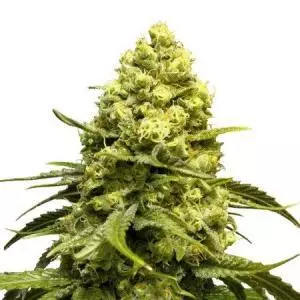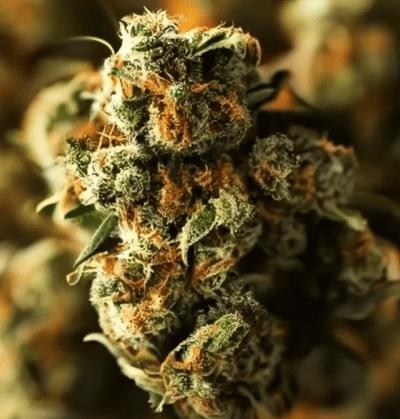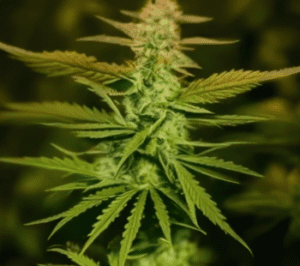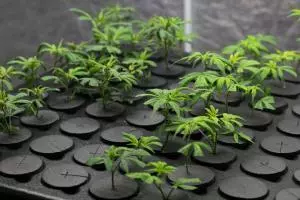Understanding the Lifespan of Feminized Seeds
When it comes to cannabis cultivation, one of the most frequently asked questions is, “how long do feminized seeds last?” The answer to this question is not as straightforward as one might think. It depends on several factors, including storage conditions, seed quality, and the specific strain of the seed. Let’s delve deeper into this topic.
The Lifespan of Feminized Seeds
Feminized seeds, like any other type of seed, have a certain lifespan. Under optimal conditions, they can last for several years. Some growers have reported that their feminized seeds remained viable for up to 10 years. However, it’s important to note that the germination rate decreases over time. A seed that is a few years old may not germinate as readily as a fresh one.
Factors Affecting Seed Longevity
Several factors can influence the lifespan of feminized seeds. These include:
- Storage Conditions: Seeds should be stored in a cool, dark, and dry place. Exposure to heat, light, and moisture can significantly reduce their lifespan.
- Seed Quality: High-quality seeds tend to have a longer lifespan than low-quality ones. Always purchase your seeds from a reputable source to ensure their quality.
- Strain: Some cannabis strains have seeds that last longer than others. Indica strains, for example, are known for their hardy seeds.
Let me introduce you to a remarkable strain known as the Cappuccino 420, brought to us by Amsterdam Marijuana Seeds (AMS). This particular strain captures the essence of a rich coffee aroma, complemented by a subtle hint of cream. When you partake, it’s reminiscent of savoring a cup of freshly brewed coffee, but there’s a depth to it – a hashy undertone that resonates, both in taste and thought. With its Indica dominance, at an 85% to 15% ratio, it’s tailored for those evenings when relaxation is paramount, allowing folks to decompress from the rigors of the day. And for those with a keen eye for quality, the Cappuccino 420 buds stand out. They’re robust, generously coated in trichomes, and the plants cultivated from its feminized seeds? Well, they’re celebrated for their aromatic richness. Here’s to responsible enjoyment and relaxation.
Barack O.
Proper Storage of Feminized Seeds
Proper storage is crucial for maintaining the viability of feminized seeds. Here are some tips:
- Temperature: The ideal storage temperature for cannabis seeds is between 6-8 degrees Celsius. This can be achieved by storing them in a refrigerator.
- Humidity: Seeds should be kept in an environment with a relative humidity of around 20-30%.
- Light: Seeds should be stored in a dark place, as light can trigger germination.
- Air: Seeds should be stored in an airtight container to prevent exposure to oxygen, which can cause them to deteriorate.
Reviving Old Feminized Seeds
If you have old feminized seeds that you’re unsure about, there are ways to revive them. One method is to soak them in a solution of water and hydrogen peroxide for a few hours. This can help to break down the outer shell of the seed and stimulate germination.
Conclusion
In conclusion, feminized seeds can last for several years if stored properly. However, their germination rate decreases over time. To ensure the longevity of your seeds, store them in a cool, dark, and dry place, and always purchase from a reputable source. If you have old seeds, don’t throw them away. With a little effort, you may be able to revive them and grow a successful crop.





